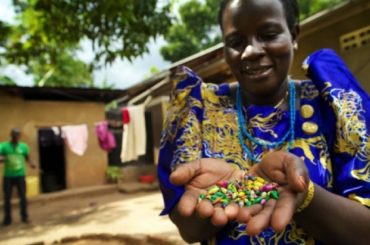
Fair Trade is an alternative way of doing business — one that builds equitable, long-term partnerships between consumers in North America and producers in developing regions.
When purchasing a Fair Trade item, you can buy with confidence knowing it means the goods were produced under regulated standards designed to prevent poverty, poor labor conditions and harmful environmental practices.
Fair trade businesses commit to principles that include:
- Providing prompt and fair payment. Fair trade means paying producers enough to cover the cost of sustainable production plus the value of their work, enabling them to provide for themselves, their families and their communities. Artisans are offered advanced payment to help cover the cost of production.
- Supporting safe, empowering and democratic work conditions, healthy and free of discrimination for men and women in the work place.
- Ensuring the security, education, play and respect of children in accordance with the U.N. Convention on the Rights of a Child; a guarantee that no child labor is used in the production of fair trade goods.
- Cultivating environmental stewardship by encouraging responsible use of resourced and eco-friendly production processes. (No genetically modified crops are allowed to be Fair Trade certified.)
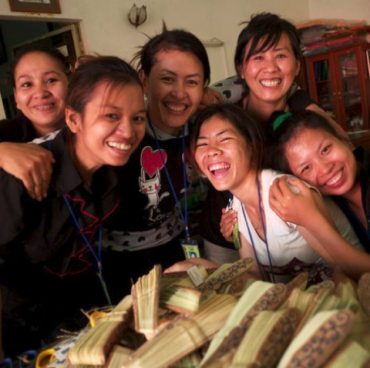
Due to increasing Fair Trade demand and awareness, artisans and farmers around the globe are thriving in their communities. Families who were once impoverished and lacked access to long-term, well-paying jobs are now able to provide for their families, educate their children and look toward their future with hope and dignity.
This means that when you purchase a Fair Trade item, you are making a positive, direct impact on another person’s livelihood!
Fair Trade Month (October) is coming to an end, but your purchasing power can continue all year long. These goods are more accessible than ever before, and you can help increase Fair Trade awareness.
Look for the Fair Trade logo when purchasing coffee, chocolate, sugar, bananas and other consumable goods! When purchasing gifts, consciously choose the “gift that gives twice” by visiting the Fair Trade Federation website and finding retailers and online businesses that adhere to Fair Trade practices.
With the upcoming holiday season, look for local Fair Trade markets (like the Festival of Hope at Chapel Hill Church — Nov. 19-20, 2016) to purchase beautiful, meaningful presents that also benefit an artisan or farmer in another part of the world.
Once people begin to understand the importance and significance behind the meaning of Fair Trade, our community may call for an even wider selection of goods. Your purchases matter!






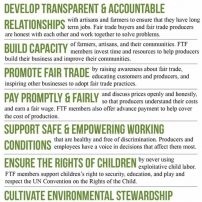
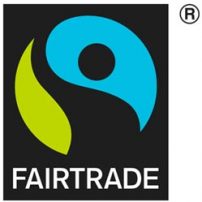
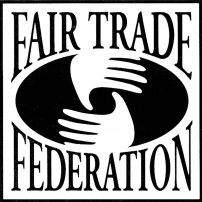
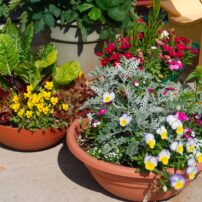
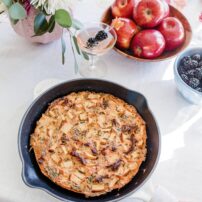




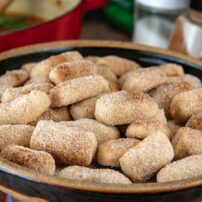









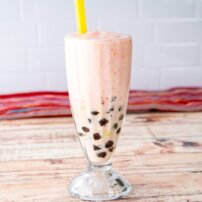




Comments